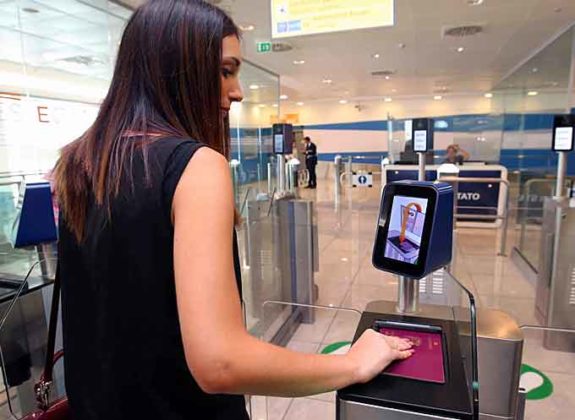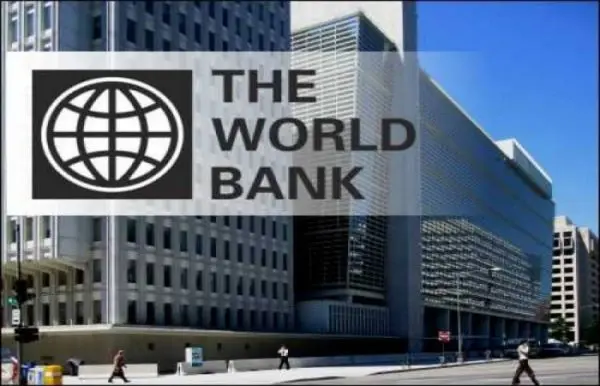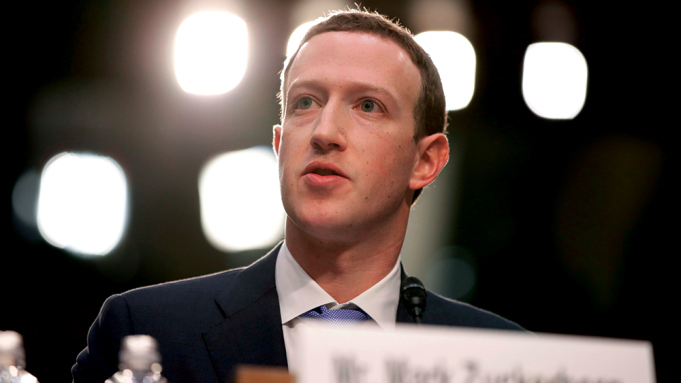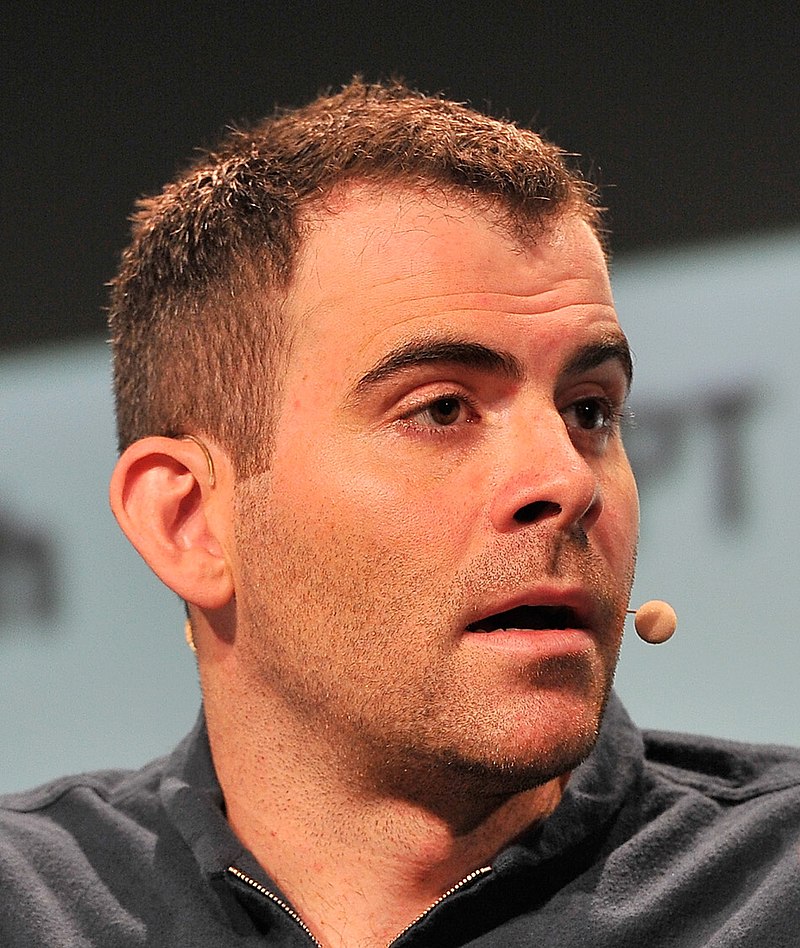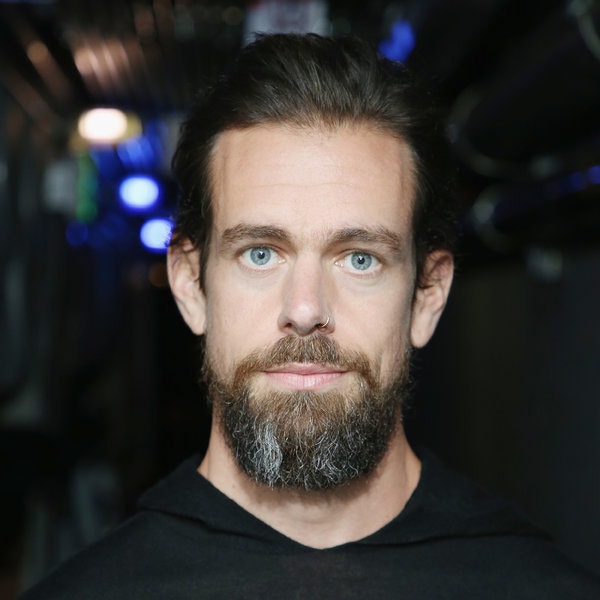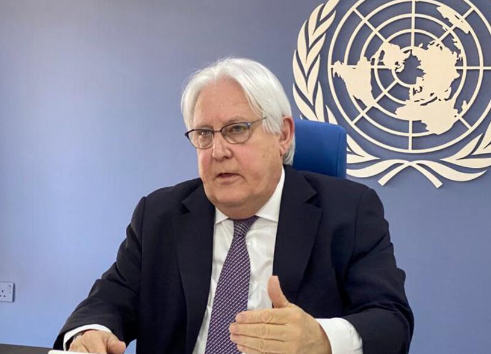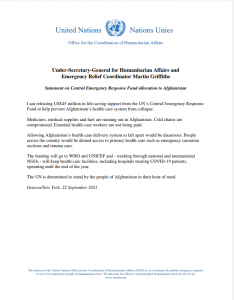Africa’s immense potential to become a global powerhouse is undeniable. It has all of the ingredients including a market of 1.2 billion consumers (rising to 1.7bn by 2030) and a combined GDP worth US$2.5 trillion. So what is holding it back?
The African Union’s (AU) members have all indicated their support for and recognition of the benefits of the Africa Continental Free Trade Area, the Single Africa Air Transport Market and the Free Movement of Persons Protocol. All of them are intended to unlock free trade, tourism, economic opportunities and promote widespread prosperity across the continent.
At the SITA Borders Management Africa Summit in Nairobi this month, speakers and delegates from governments across the continent identified and discussed solutions to resolving the biggest hinderance to these AU flagship programmes realising their full potential, i.e. efficient borders to enable the frictionless flows of people and goods.
In our deliberations we were continually reminded that it is easier and faster to transport mobile phones from China to Africa than to move a few bags of maize across an African border post. At the root of this are inconsistencies in the criteria and processes applied by immigration and customs authorities for issuing visas, travel authorisations, goods import and transit permits, the use of unsuitable and often incompatible equipment and the vulnerability to agile international organised crime and terrorism. All of these have to be tackled with shrinking budgets and diminishing resources.
Therein lies the rub: For economies to grow and a free trade area to work, governments need to balance protecting their countries from trafficking, terrorism, pandemics, and crime while making it easier to move people and goods across their borders and at the same time respecting personal data privacy and its underpinning legislation.
The good news is that proven digital border management technology and emerging digital identities put Africa in pole position to lead the way. A key advantage for Africa is that it faces fewer legacy challenges in the digital space and in many ways, it can move faster. The digital transformation of borders will be inevitable if the continent is to achieve its ambition.
Recognized benefits
Airlines and airports understand the potential of digitalizing border processes. At the coal face of international travel, the industry has long recognized the need for digital immigration processes. The challenges of COVID accelerated this trend. For example, SITA’s 2022 Air Transport IT Insights showed that 75% of airline executives will invest in passenger biometric identity solutions by 2025. This means passengers will be identified by a simple facial scan, making the identification process fast and secure.
However, it can’t be done by one industry in isolation. It needs government and broader industry support.
SITA is leading the way
SITA, the global air transport industry-owned IT and solutions provider, is leading this push. Over the past 30 years, SITA has helped 70 governments – including South Africa and Egypt – make their border crossings faster and more secure. We pioneered what is now the global standard for Advance Passenger Information processing and we are helping governments digitalise key immigration processes so that they can be completed ahead of travel. This helps governments to effectively extend their borders and assess who enters their country long before they arrive. Travelers, on the other hand, only have to complete a simple check on arrival.
The benefit of this approach has been shown to work time and again, particularly at big sporting events such as the World Cup. We helped South Africa in 2010, Brazil in 2014, and Qatar in 2022 to manage the vast influx of visitors.
Digital identities will take this to a new level. Driven by the UN’s International Civil Aviation Organization, which sets global passport standards, the industry is shaping a new digital identity that will replace physical documents such as identity cards or passports. A key driver is that holders will choose what data they would like to share with whom. It is privacy by design. These digital identities can be used at the airport but also at land and sea borders or other touchpoints, such as hotels or major events, as we did in Qatar for the World Cup. All that is needed is a simple scan of your face a biometric touchpoint or on your mobile phone. We see these digital identities being extended to goods and services.
Together these technologies will reshape how borders are managed.
Making free trade a reality
The technology exists today to make an African free trade area a reality. It allows the balancing of protectionist measures to keep national borders safe with a more welcoming face to visitors. It is scalable. And it is inclusive, allowing all elements of public life to be managed from a single identity.
With the right support from governments across Africa, we can pull many levers to unlock free trade and tourism across the continent. Policy and intergovernmental co-operation the two most obvious but digitalization must surely be essential among them.
The writer is the Senior Vice President, SITA at Borders
